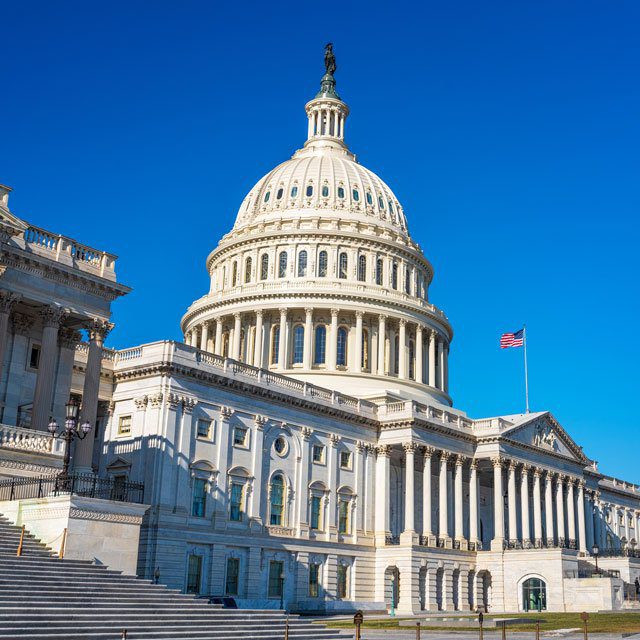New Retirement Bill Would Allow Alts in 401(k)s

GOP lawmakers introduced Thursday the Retirement Savings Modernization Act to allow 401(k) plans to invest in alternative assets, such as real estate and private equity.
The bill, introduced by Sens. Pat Toomey, R-Pa., and Tim Scott., R-S.C., and Rep. Peter Meijer, R-Mich., amends the Employee Retirement Income Security Act of 1974 to clarify that private-sector retirement plan sponsors may offer plans, including both pensions and 401(k)s, that are prudently diversified across the full range of asset classes.
“With inflation at record highs, a stock market downturn, and a potential recession on the horizon, many Americans are rightfully concerned about their financial future,” Toomey said in a statement. “Our legislation will provide the millions of American savers invested in defined contribution plans with the option to enhance their retirement savings through access to the same wide range of alternative assets currently available to savers with defined benefit pension plans.”
Such a plan, Toomey said, “will open the door to higher returns and a more secure retirement for millions of Americans.”
Scott added that the bill “would modernize retirement plans to ensure they can provide diverse investments with higher returns. American workers and their families deserve to go about their lives with peace of mind, knowing their hard-earned money will be secure when they choose to retire.”
The bill is supported by the Securities Industry and Financial Markets Association (SIFMA), the Defined Contribution Alternatives Association (DCALTA), the Institute for Portfolio Alternatives (IPA), the Small Business Investor Alliance (SBIA), the American Securities Association (ASA), and the Chartered Financial Analyst (CFA) Institute.
It clarifies that plan fiduciaries may select investment options that include a range of asset classes, including private equity.
Fiduciaries must still select investments through a prudent process, the lawmakers said, “and the bill explicitly does not create a safe harbor from a fiduciary’s legal duties.”




